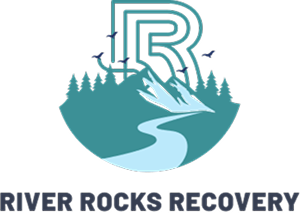When embarking on the journey to recovery, selecting the right Intensive Outpatient Program (IOP) is a crucial step. An IOP offers flexibility for those who require structured treatment while managing their daily responsibilities. This guide will help you navigate the essential factors to consider when choosing an IOP, ensuring you find the best fit for your needs and circumstances.
Understanding Intensive Outpatient Programs
Definition and Purpose of IOPs
An Intensive Outpatient Program (IOP) is a type of mental health treatment program that provides comprehensive support for individuals dealing with addiction, mental health issues, or other behavioral health challenges. Unlike inpatient programs, IOPs do not require participants to reside at the facility, allowing them to maintain their daily routines.
Key Features and Components of an IOP
- Structured Therapy Sessions: Regular, scheduled sessions that include individual, group, and family therapy.
- Holistic Approaches: Incorporation of various therapeutic techniques like art therapy, mindfulness, and exercise.
- Supportive Environment: Access to a community of peers and professionals who provide continuous support.
Difference Between IOPs and Other Types of Treatment
- Inpatient Programs: Require living at the treatment facility, offering 24/7 care.
- Partial Hospitalization Programs (PHPs): More intensive than IOPs, often involving full-day treatment but no overnight stays.
- Outpatient Programs: Less intensive than IOPs, typically involving fewer hours of treatment per week.
Assessing Your Needs
Evaluating Personal and Medical Needs
Identifying whether your primary concern is substance abuse, mental health issues, or a combination of both is essential. Consider the severity of your condition and whether it has been long-standing or is a recent development.
Considering Your Lifestyle and Responsibilities
Reflect on your daily obligations, such as work, family, and school. An IOP should offer the flexibility to accommodate these responsibilities without compromising your recovery process.
Seeking Professional Assessment
Consulting with a healthcare provider or a counselor can provide a professional perspective on what level of care you need. They can recommend specific programs based on a thorough evaluation of your condition.
Researching Program Credentials and Reputation
Checking Accreditation and Licensing
Ensure the program is accredited by recognized bodies such as the Joint Commission or the Commission on Accreditation of Rehabilitation Facilities (CARF). Accreditation signifies that the program meets high standards of care.
Investigating the Program’s Reputation
- Reviews and Testimonials: Look for feedback from former patients to gauge their experiences.
- Success Rates and Outcomes: Ask the program to provide data on their success rates and outcomes.
Consulting with Former Patients or Support Groups
Engaging with individuals who have undergone treatment at the program can offer valuable insights into its effectiveness and environment.
Evaluating Program Structure and Components
Types of Therapies Offered
Identify the therapies provided by the program. Common therapies include Cognitive Behavioral Therapy (CBT), Dialectical Behavior Therapy (DBT), and other evidence-based approaches.
Group vs. Individual Therapy Sessions
Consider whether the program offers a balance of group therapy for peer support and individual therapy for personalized attention.
Inclusion of Family Therapy and Support
Family involvement can be crucial for recovery. Check if the program includes family therapy sessions to support both the individual and their loved ones.
Availability of Additional Services
Evaluate the availability of services like medication management, psychiatric care, and holistic treatments such as yoga or art therapy.
Considering Logistics and Practicalities
Location and Accessibility
Choose a program that is conveniently located to reduce stress and ensure regular attendance. Proximity to home or work can be a significant factor.
Schedule Flexibility
Look for programs that offer flexible scheduling options, including evening and weekend sessions, to accommodate your other commitments.
Duration and Intensity of the Program
Understand the typical duration of the program and the intensity of the sessions. This includes the frequency and length of each session.
Understanding Costs and Insurance Coverage
Evaluating Program Costs
Investigate the overall cost of the program, including any initial fees, ongoing costs, and potential additional charges for extra services.
Checking Insurance Coverage
Determine if the program is in-network with your insurance provider or if you will need to pay out-of-network fees. Verify what portion of the costs will be covered.
Exploring Financial Aid or Payment Plans
Some programs offer financial aid or payment plans to make treatment more affordable. Inquire about these options if cost is a concern.
Visiting and Interviewing Potential Programs
Scheduling Visits or Virtual Tours
Arrange to visit the program in person or take a virtual tour to get a feel for the environment and facilities.
Preparing Questions to Ask
Come prepared with a list of questions, such as:
- What are the qualifications and experience of the staff?
- What is the program’s philosophy and approach to treatment?
- What is the patient-to-staff ratio?
Observing the Environment and Facilities
Pay attention to the cleanliness, safety, and overall atmosphere of the facility. A welcoming and supportive environment is crucial for recovery.
Making the Final Decision
Comparing Programs Based on Research and Visits
After gathering all necessary information, compare the programs based on your priorities and the quality of care they offer.
Discussing Options with Trusted Advisors
Consult with family, friends, and healthcare providers to get their input and support in making your decision.
Trusting Your Instincts and Making an Informed Choice
Ultimately, trust your instincts and choose the program that feels right for you. An informed decision will set you on the path to successful recovery.
Conclusion
Choosing the right Intensive Outpatient Program is a vital step toward recovery. By thoroughly researching and assessing your options, you can find a program that meets your needs and supports your journey to wellness.
Contact River Rocks Recovery Today
River Rocks Recovery offers a comprehensive and supportive Intensive Outpatient Program designed to meet your unique needs. With accredited services, experienced staff, and a holistic approach, River Rocks Recovery stands out as a leader in the field. Reach out today for personalized guidance and support on your path to recovery.
FAQs About Intensive Outpatient Program
Q. How do I know if I need an IOP instead of an inpatient program?
IOPs are ideal for individuals who need more support than traditional outpatient therapy but do not require 24/7 care. If you have a stable living environment, supportive network, and the ability to manage your daily responsibilities, an IOP might be suitable for you.
Q. What types of therapies are commonly offered in IOPs?
IOPs typically offer a variety of therapies, including Cognitive Behavioral Therapy (CBT), Dialectical Behavior Therapy (DBT), group therapy, individual therapy, family therapy, and holistic approaches like art therapy, mindfulness, and exercise.
Q. How long does an IOP last?
The duration of an IOP varies depending on individual needs but generally ranges from a few weeks to several months. The program’s length and intensity are tailored to support ongoing recovery.
Q. What should I look for in terms of program accreditation and licensing?
Ensure the IOP is accredited by recognized organizations such as the Joint Commission or the Commission on Accreditation of Rehabilitation Facilities (CARF). Accreditation indicates that the program meets high standards of care and safety.
Q. How much does an IOP cost, and will my insurance cover it?
The cost of an IOP varies based on the program and services offered. Many insurance plans cover IOPs, but it’s essential to verify coverage details with your insurance provider. Some programs also offer financial aid or payment plans.
Q. What if I start an IOP and feel it’s not the right fit?
If you feel an IOP is not meeting your needs, communicate your concerns with the program staff. They can address any issues or help you find a more suitable program. Your comfort and progress are essential for successful recovery.
Q. How can I contact River Rocks Recovery to learn more about their IOP?
You can contact River Rocks Recovery to learn more about their Intensive Outpatient Program (IOP) by calling 888.905.6281, emailing info@riverrocksrecovery.com, or contact us online. Reach out today for personalized guidance and support on your path to recovery.






































